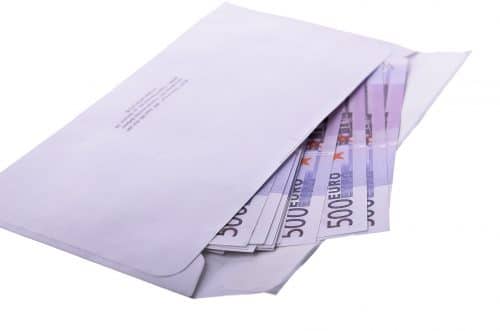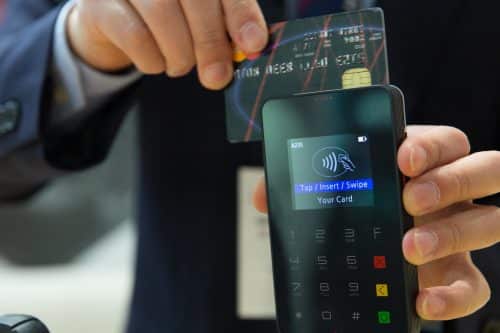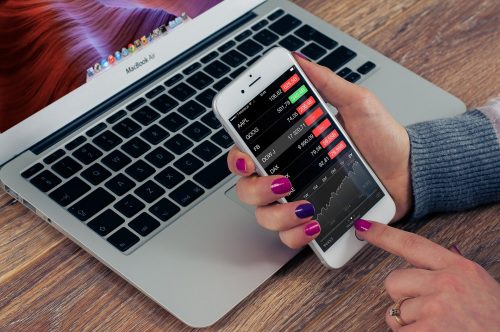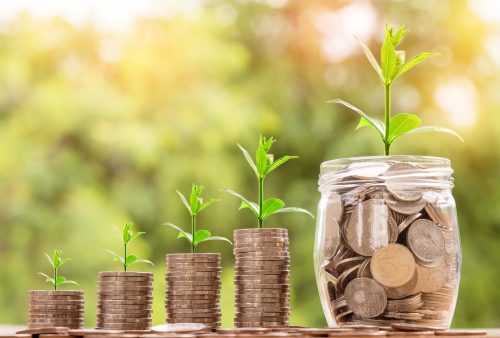are your debts up to date? With the coronavirus pandemic situation, he has made his financial priorities different. You are probably one of those people who focuses more on building an emergency fund than paying off debt.
But when this period of uncertainty is over, one day you will be ready to think long term again. When you're ready to pay off your debt, you should be aware of one important rule that can help make paying off your debt less daunting.
the most basic rule
If you are wondering how to do a strategy to manage debt thinking in the long term. According to McClary, the basic rule of thumb is this: Which debt is costing you the most in the long run?
To answer this question, you must consider the interest rates on your credit card. Still, the interest rates of your other debts.
Since credit card debt generally earns the most interest, McClary suggests that this is the debt to pay off first. Since credit cards, by nature, have higher interests.
Thus, if you have a balance on the card, this is the debt that is likely to cost you the most. McClary says we need to get that debt out of the way and find a way to expedite this payment..
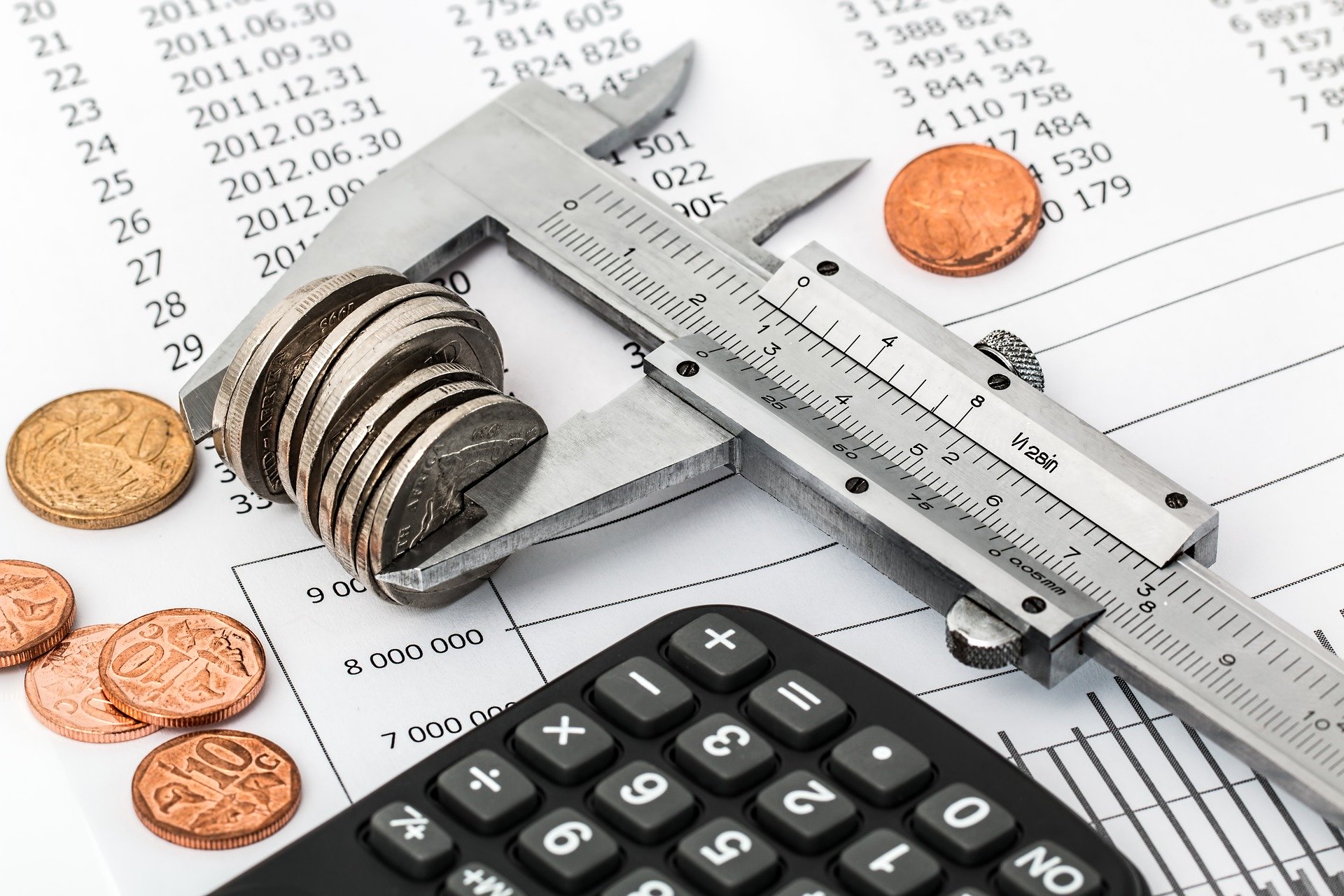
Control your debts: be careful with your credit card
If you transfer the debts For your high-interest credit cards, be sure to make your payment during the interest-free promotional period. So you can take advantage of balance transfer cards.
When your card debt is more under control, you may consider buying only what you can pay in full each month. If you do, you probably won't go back into high-interest debt.
If you can pay the balance in full and on time each month, you won't need to pay a penny of interest. Plus, you'll be able to fully focus your attention on paying off your student loan debt, or other debts you may have.
Finally, McClary considers that you can have a cake and eat it too. It would not be a situation of either of the two things. We can handle both more effectively if we take on the debts of the credit card. So we must pay it off and get it out of our way.
Read more:

